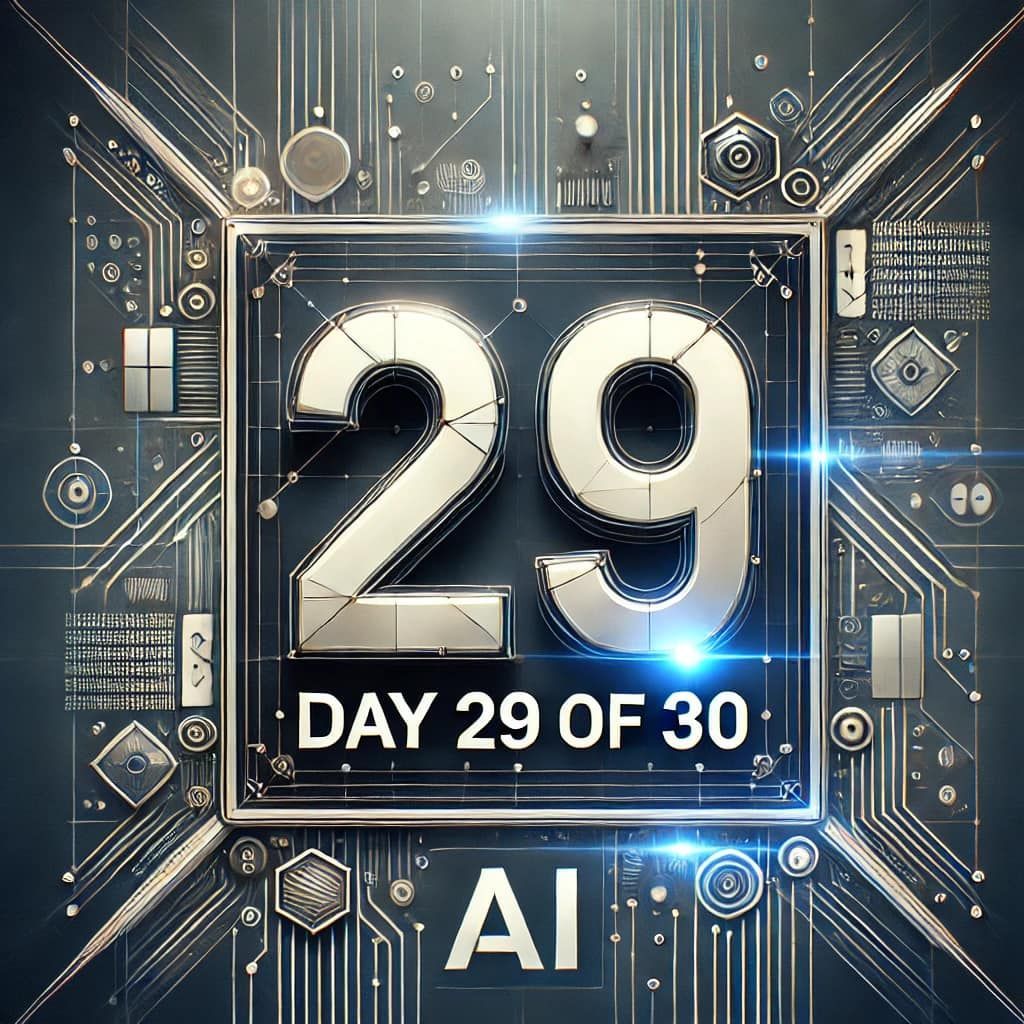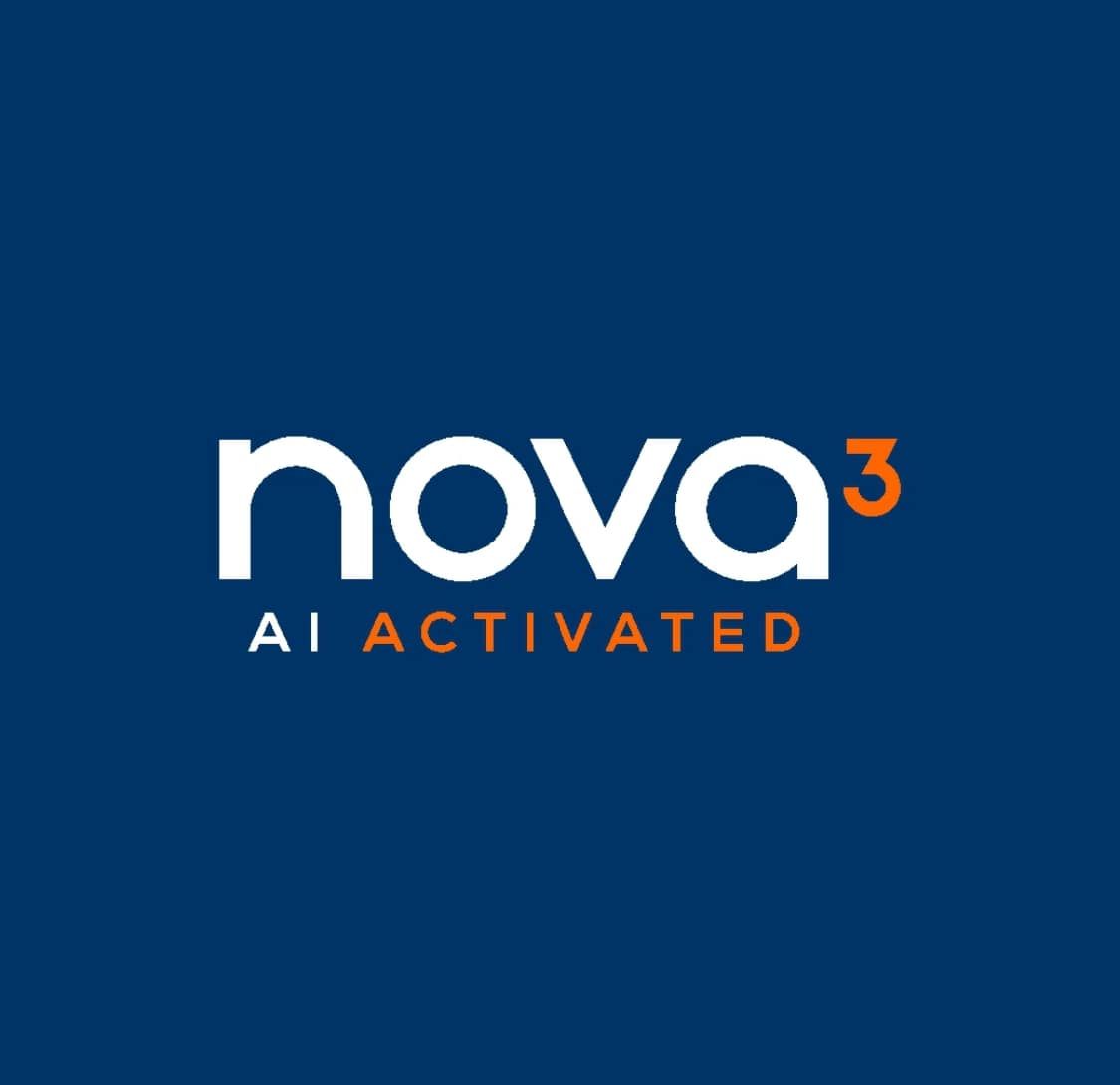30 Days of AI | DAY 12
The easiest way to elevate your AI game is to make it a habit. Want to know how?
Let’s dive in.
Happy Tuesday, everyone! It’s Day 12 of 30 in our AI series, and today we’re focusing on something simple but incredibly effective: integrating AI into your daily routine by recording your conversations and talking directly to AI.
Why Recording Matters
One of the quickest ways to build a useful knowledge base for AI is to start recording your interactions—whether they’re Zoom meetings, face-to-face conversations, or even voice notes you jot down on the fly.
These scenarios are rich with context and details that, when fed into AI tools like ChatGPT, can dramatically improve the quality of the output you receive.
Make Recording a Habit
Start making recording a routine part of your day. Tools like Otter.ai make it effortless to capture every word in your meetings, and the best part?
Recordings can be easily transcribed and then dropped into AI models to help you extract insights, generate reports, or even kickstart your next big project.
Talk to AI – Don’t Just Prompt It
Another powerful practice is talking directly to AI, specifically ChatGPT, which now has full-function voice capabilities. Instead of typing out prompts, speak to the AI. This not only makes the interaction feel more natural but also helps you to think out loud and develop your ideas as you go. It’s the closest thing to having a conversation with your AI.
Practical Steps to Get Started:
1. Start Recording: Begin with your next meeting. Use Otter.ai or any voice recording app you prefer. Get into the habit of recording everything, from client meetings to brainstorming sessions.
2. Transcribe and Feed: Take those recordings, transcribe them (Otter.ai does this automatically), and then feed the text into ChatGPT or another LLM. Watch as the AI processes this context-rich information and gives you more insightful outputs.
3. Talk to Your AI: Open up ChatGPT and speak your thoughts out loud. This practice can help you clarify your ideas and make the AI’s responses more tailored to your needs.
4. Daily Data Drops: Turn this into a daily practice. The more you do it, the richer your data becomes, and the better your AI tools will perform.
Building Micro Knowledge Bases
As you consistently record and talk to your AI, you’re essentially building a micro knowledge base—day by day, conversation by conversation. These small steps can eventually lead to a more structured and comprehensive knowledge base, making your AI work smarter, not harder.
Final Thought
Remember, AI integration doesn’t have to be overwhelming.
Start small, make it a habit, and before you know it, you’ll have a treasure trove of data that can elevate your AI’s effectiveness.




